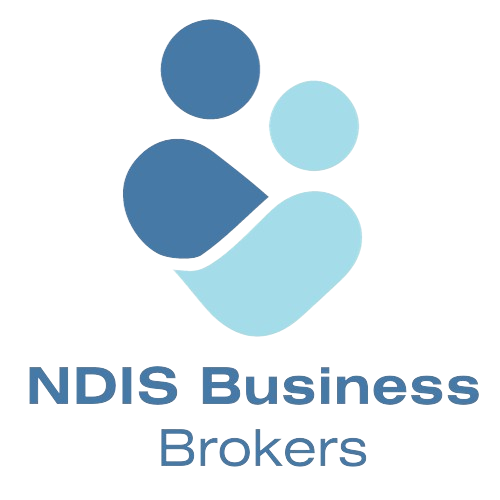
What Buyers Look for in an NDIS Business
If you’re considering selling your NDIS business, one of the most important questions to ask is: what are buyers actually looking for?
Not every NDIS business is created equal, and in 2025, buyer expectations have become sharper. Whether you’re operating a Support Coordination service, a SIL business, or in-home supports, buyers are far more selective than they used to be.
Understanding what makes your business attractive, or what might hold it back, can be the difference between a smooth sale and months of frustration.
Here are the five key things buyers look for when assessing an NDIS business for sale:
1. Strong, Clean Compliance
Buyers want peace of mind that the business is fully compliant with NDIS Commission standards. That means:
– Clean audit reports (especially for Module 1 and SIL)
– No ongoing complaints or compliance investigations
– Policies and procedures in place
– Proper PRODA setup and portal management
If your compliance is shaky, most serious buyers will walk away during due diligence. Clean compliance, on the other hand, builds immediate trust.
2. Profitable and Transparent Financials
Buyers want to see:
– A stable revenue base (ideally with monthly consistency)
– Clear cost breakdown (especially wages, overheads, contractor use)
– BAS and tax returns
– Evidence of actual participant services (not just paper revenue)
NDIS buyers are becoming more financially savvy. If your numbers aren’t clear, they’ll either discount your value or disengage entirely.
3. Registration Groups That Match Buyer Demand
Some groups attract more buyer interest than others. In 2025, high-demand registration groups include:
– 0101 Daily Personal Activities
– 0115 Assistance with Daily Life Tasks in a Group or Shared Living
– 0125 Participation in Community, Social and Civic Activities
– 0107 Assistance with Travel
– 0136 Group and Centre-Based Activities
If your business includes these groups and is actively servicing participants, you’re in a strong position.
4. Systems and Delegated Operations
Owner-reliant businesses are harder to sell.
Buyers look for:
– Rostering and client management systems (like ShiftCare, Brevity, SupportAbility)
– Staff handling day-to-day operations
– Clear SOPs for service delivery, incident management, onboarding, and invoicing
– Automation wherever possible
If you’re running everything manually and doing all the work yourself, the buyer sees risk.
5. Staff and Participant Retention
Buyers want continuity. That means:
– Staff under valid contracts or employment agreements
– Low turnover
– Good culture and compliance history
– Participants who are happy and stable (even better with service agreements in place)
High churn, or a business built around a single referral source, is a red flag.
Example: What a $550,000 Sale Looked Like
We recently sold an operational NDIS provider in QLD for $550,000. The business provided in-home supports and community access, had a strong audit history, and was generating consistent monthly revenue with low owner involvement.
What made this business attractive to the buyer:
– Solid team of support workers with contracts in place
– Strong referral sources
– Fully systemised with Brevity and Xero integration
– Clean compliance record and positive audit feedback
– Owner had delegated most day-to-day operations
Deals like this are becoming more common, but only when the business is properly prepared, packaged, and priced.
To wrap it all up!
If you’re planning to sell your NDIS business, the best thing you can do is get clear on what buyers expect. It’s not just about the registration certificate, it’s about systems, risk, profit, and people.
At NDIS Business Brokers, we help sellers package their business properly so buyers take notice. If you’re curious about what your business might be worth or how to prepare for a future sale, reach out for a free appraisal.
